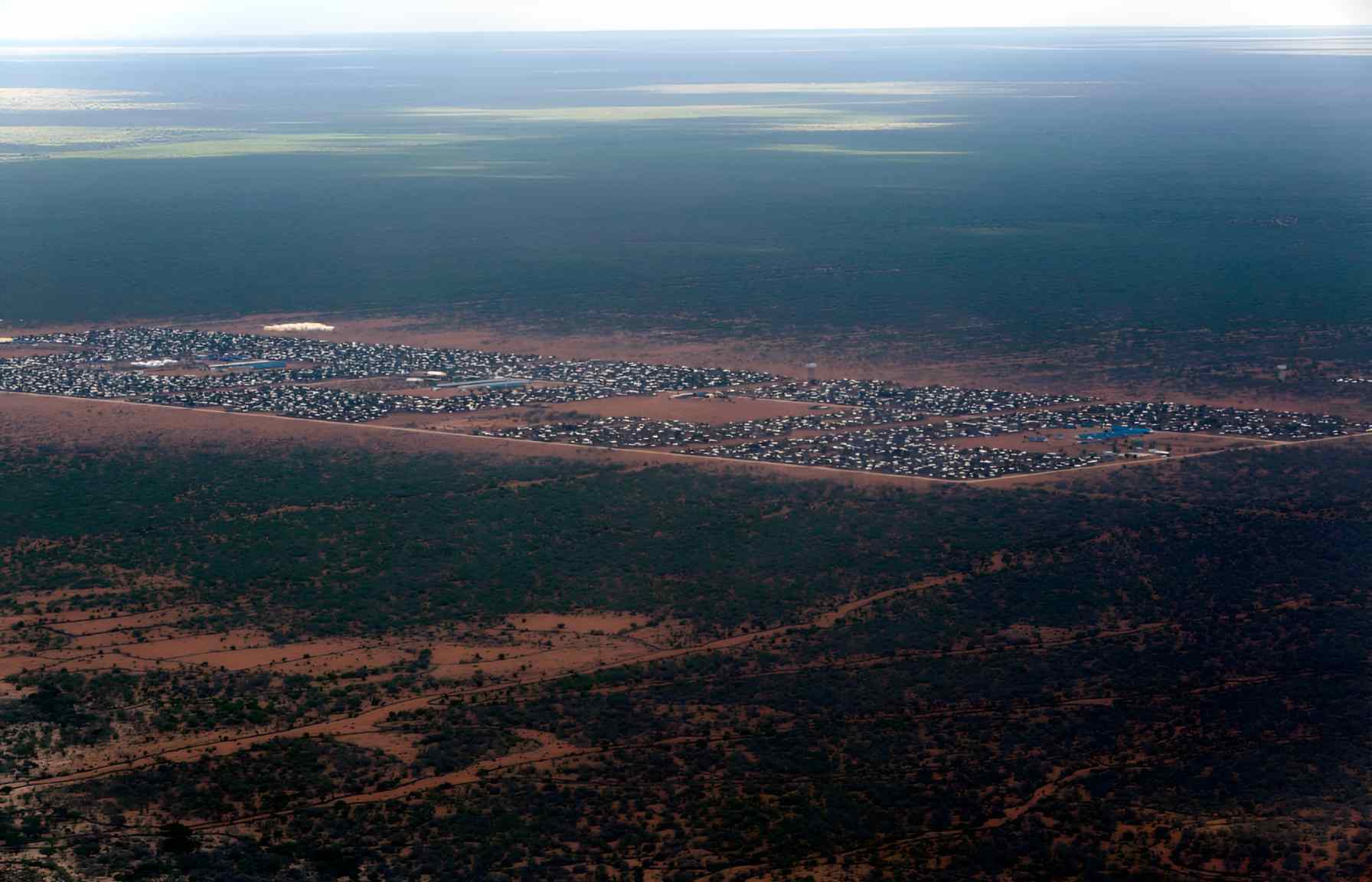Youth leaders and religious figures at Garissa's Ifo Refugee Camp have raised the alarm over increasing drug abuse among young people in the camp.
They have warned that the trend is contributing to rising school dropout rates and deepening youth unemployment.
Hujale Mohamed Abdi, the youth leader of the camp, said the community is facing a growing crisis that threatens the future of an entire generation.
“We are losing many of our youth to drugs. It starts with peer pressure. Soon, it becomes an addiction,” said Hujale.
“This has led to many students dropping out of school and becoming idle, jobless, and hopeless. This problem is affecting families and the entire community.”
The Ifo Refugee Camp, part of the larger Dadaab complex, is home to thousands of refugees, mainly from Somalia.
Since the collapse of Somalia's central government, the camp has provided a place of refuge and support, limited economic opportunities and social challenges have made youth particularly vulnerable to substance abuse.
Sheikh Abdirahman Hassan, an Imam at the camp called for urgent intervention by families, humanitarian organizations, and government authorities.
“Islam forbids all forms of substance abuse, intoxication, and as religious leaders, we continue to preach against drug use,” said Sheikh Abdirahman.
“But preaching alone is not helping end the problem. We need real solutions—rehabilitation programs, youth empowerment, and better educational support.”
Sheikh Abdirahman also emphasized the importance of community involvement, urging parents to play a more active role in guiding their children.
“The family is the first school. If we want to change this trend, we must start at home,” he added.
The National Authority for the Campaign Against Alcohol and Drug Abuse (NACADA) some of the commonly abused substances in the camp include khat (miraa), cannabis, and prescription drugs.
The region has limited access to mental health and rehabilitation services. Many affected youth find themselves trapped in cycles of addiction.
Hujale called on non-governmental organizations working in the area to prioritize youth programs that offer mentorship, education, and livelihood training.
“We need centers where young people can learn skills, get counseling, and find purpose,” he said. “If nothing is done, we risk turning our camp into a breeding ground for crime, hopelessness, and despair.”
